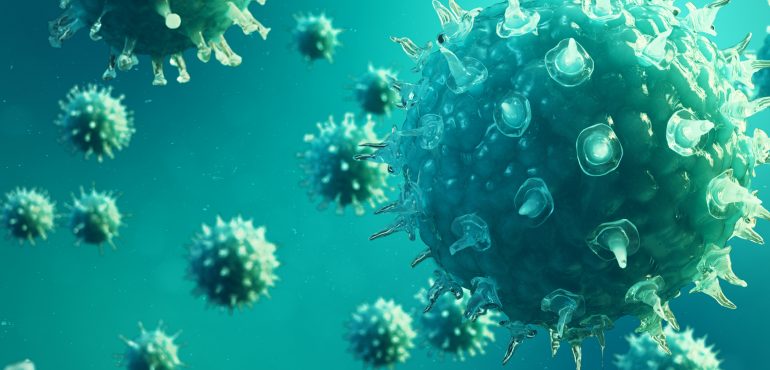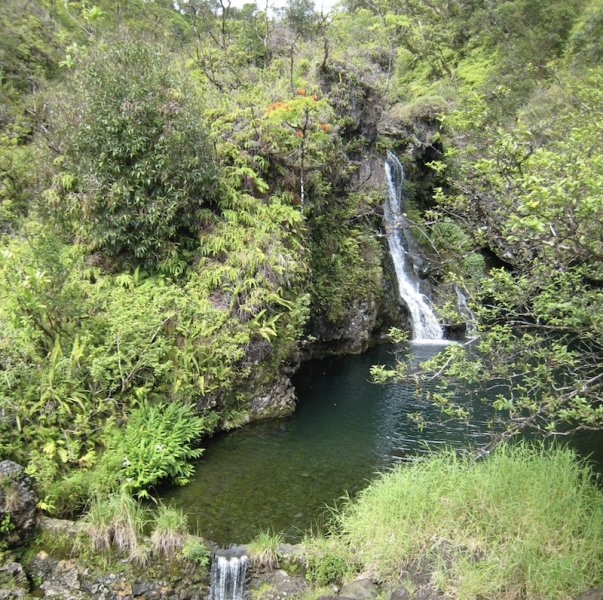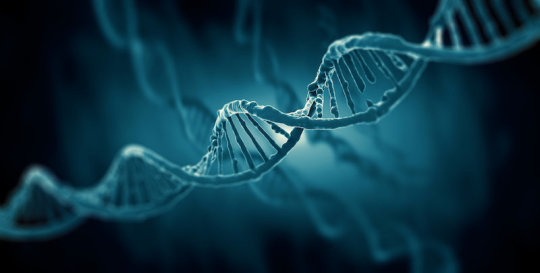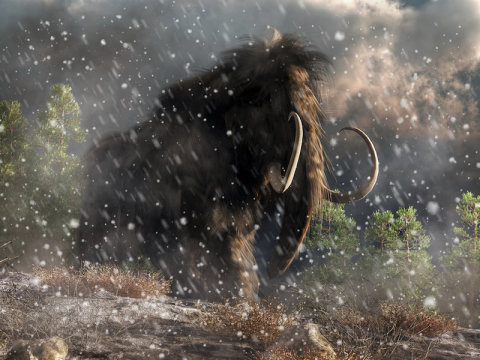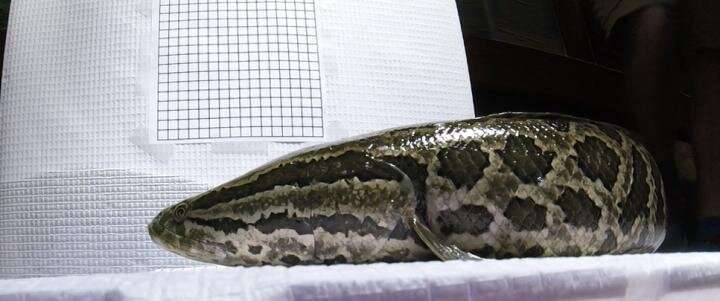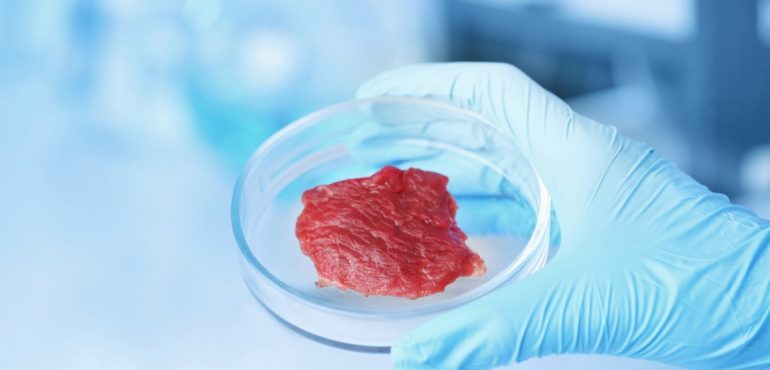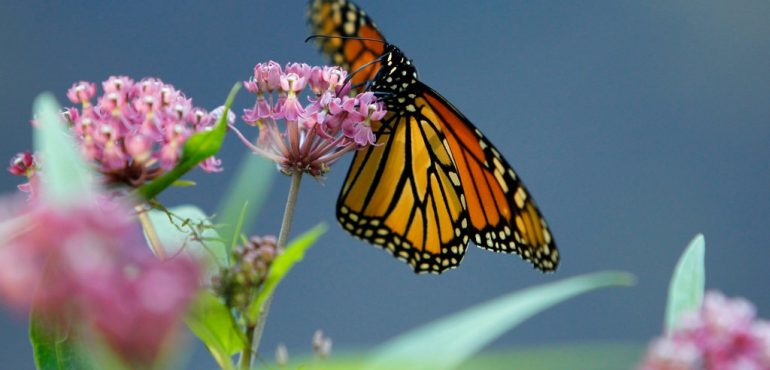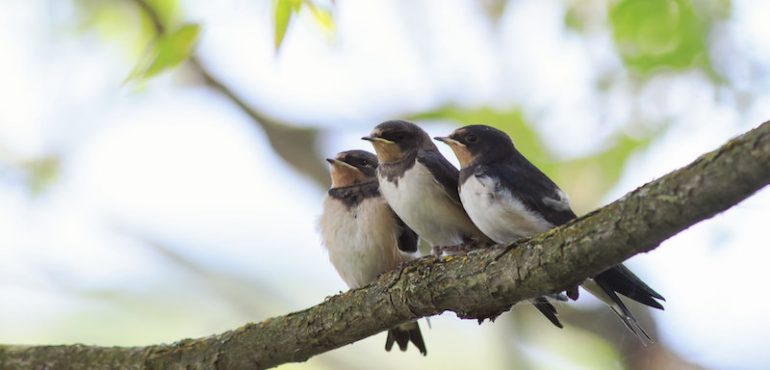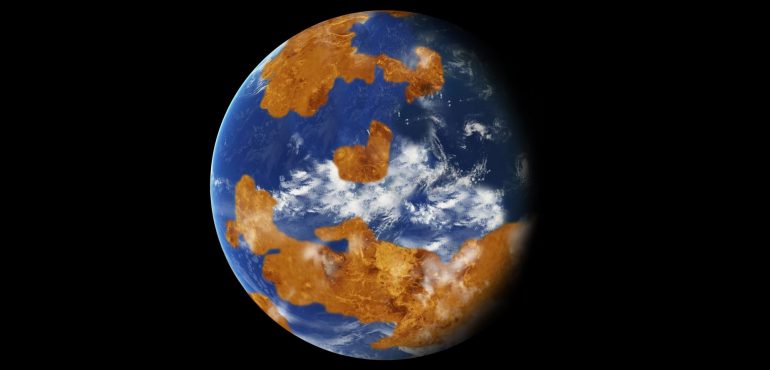A nationwide team of researchers has found an antibody that protects mice against a wide range of potentially lethal influenza viruses, advancing efforts to design of a universal vaccine that could either treat or protect people against all strains of the virus. The study, which Scripps Research conducted jointly with Washington University School of Medicine…
Read more
By targeting flu-enabling protein, antibody may protect against wide-ranging strains
